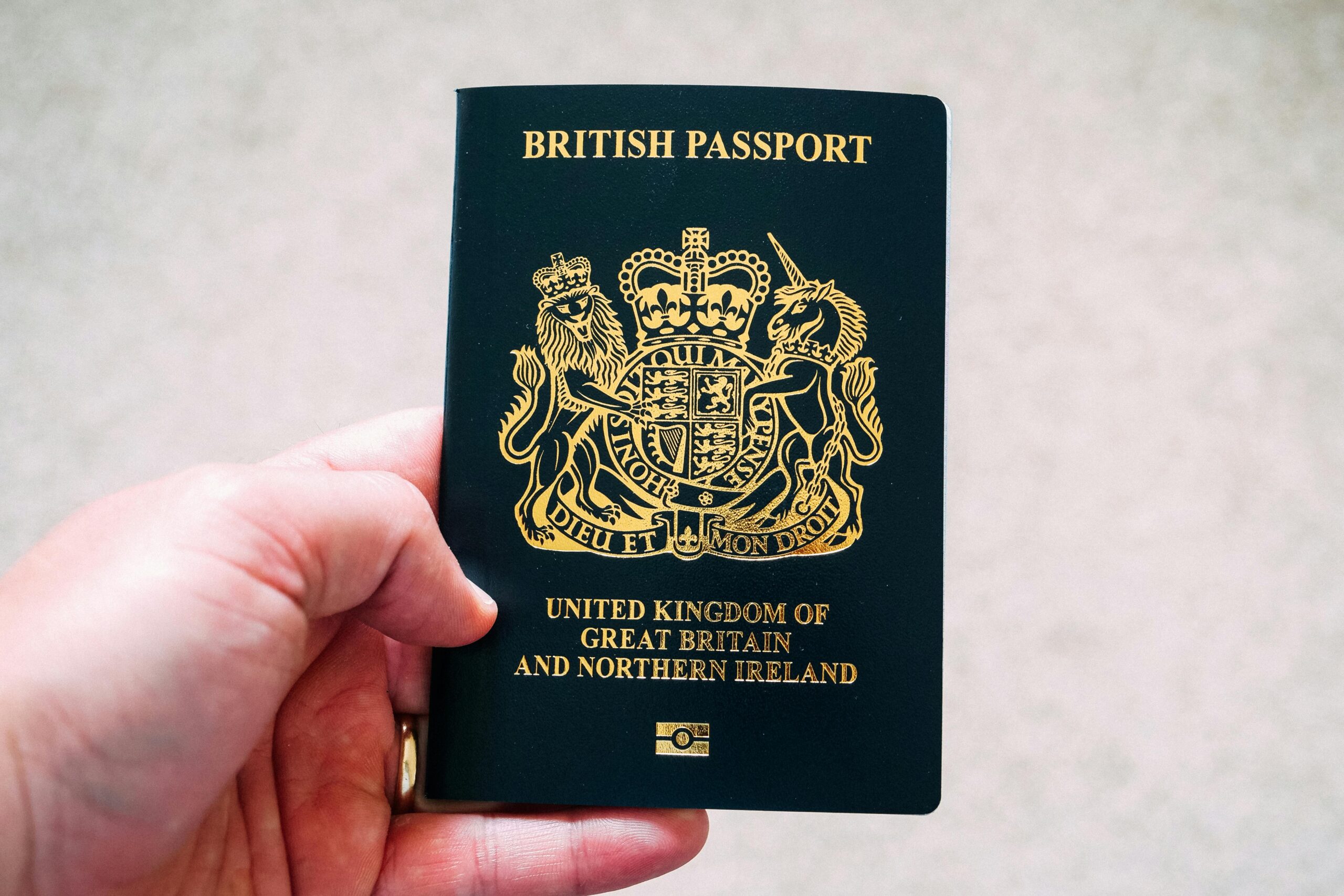In line with their manifesto commitments, the government has announced plans to abolish the ‘feudal’ leasehold system and replace it with a commonhold model by the end of the current Parliament.
Successive governments have promised to take decisive action on leasehold to no avail, but the latest plans by the announced by Housing Minister, Matthew Pennycook, seemingly represent a bolder and more credible vision for life after leasehold.
This announcement marks what the government describes as the “beginning of the end” of leasehold and will be followed by a draft bill in the second half of 2025. However, leasehold will continue to be reformed for the time-being. The Leasehold and Freehold Reform Act 2024 became law last year and is currently in the process of being implemented. We covered the Act at the time here, and recently reported on the implementation of the removal of the two-year qualifying period for leasehold extension here.
Before the election, the Labour party had pledged to abolish leasehold within the first 100 days of government. However, this was dropped by the party, who blamed the watering down of leasehold reform by the then Conservative government. So, will this latest announcement finally bring an end to leasehold?
Keep reading to learn more about the government’s plans for replacing the much-criticised leasehold system with a commonhold model, and what it could mean for you.
Quick explainer – what is leasehold?
Regular readers of Lisa’s Law will be well-versed on leasehold by now, a system of property ownership in which the leaseholder, sometimes known as the tenant, owns the property for x number of years before it returns to the landlord, the freeholder. The freeholder, however, has ultimate ownership of the property and the land it sits on in perpetuity. A lease with less than 80 years on it can be incredibly expensive to renew due to something called marriage value, however renewal is vital as leases with less than 80 years lose considerable value.
Leaseholders are subject to service charges to maintain the building and land the property sits on, as well as ground rent for the pure privilege of “renting” on the land owned by the freeholder. Both service charges and ground rent can increase over time, causing extra financial strain for leaseholders.
Another area of complaint for leasehold properties is the negative role management companies play in the process of property transactions. Both buyers and sellers can be charged with various fees when they request management companies to disclose information which is vital to the transactions. Such disclosure usually comes out very slowly, which increases the cost of transaction and delay the process.
This is a basic explanation of leasehold, but to learn more about the differences between leasehold and freehold, as well as the advantages and disadvantages, click here.
What has the government set out in the Commonhold White Paper?
Some of the headline announcements in the White Paper include the following:
- Banning new leasehold flats, ensuring that commonhold becomes the default tenure
- New rules that will enable commonhold to work for all types of developments, including mixed-use buildings and allowing shared ownership homes within a commonhold.
- Greater flexibility over development rights, helping developers build with confidence and maintaining safeguards for the consumer.
- Giving mortgage lenders greater assurance with new measures to protect their stake in buildings and protect the solvency of commonholds – such as mandatory public liability insurance and reserve funds and greater oversight by commonhold unit owners to keep costs affordable.
- Strengthening the management of commonholds, with new rules around appointing directors, clear standards for repairs, and mandating use of reserve funds; and
- Providing an enhanced offer for homeowners – including requiring greater opportunities for democracy in agreeing the annual budget, clarifying how owners may change “local rules” over how a building is run and new protections for when things go wrong.
Clearly, the commonhold system needs to work for a range of parties, identified by the government as a trifecta of consumers, developers, and lenders.
You can read the entirety of the White Paper here.
What exactly is commonhold?

Commonhold differs from leasehold in a number of ways, allowing leaseholders real home ownership without threat of forfeiture or the need to extend a lease. It therefore gives much greater security to those who buy a flat. As pointed out in the Commonhold White Paper, commonhold type systems are used throughout the world, with England and Wales among the last countries in the world where it is in widespread use.
What are the key features of commonhold?
- Commonhold represents freehold ownership, meaning that the property won’t revert back to a landlord who owns the building
- No ground rent, unlike leasehold properties
- No possibility of forfeiture, which can result in leaseholders being threatened with the loss of both their home and their equity
- The ability to manage the annual budget for the building (although a managing agent can be appointed)
- Homeowners have the ability to fire and hire a managing agent, unlike with leaseholds where the managing agent is appointed by the freeholder
- Unlike leasehold, the value of a commonhold property doesn’t depreciate over time due to the absence of a lease
What are some of the areas the government is still working on resolving?
While the White Paper sets out the government’s plans to ban the sale of ‘new leaseholds’, the operative word, ‘new’, highlights the fact that existing leaseholds will not be banned, for now. The White Paper contains a number of areas in which the government are still working to resolve. These include:
An easier way to convert existing leaseholds to commonhold
For the millions of leaseholders in England and Wales, this will be the acid test as to whether the legislation is successful or not. At the moment, converting a leasehold property to commonhold would require full consent from the freeholder, leaseholder, as well as every lender. It can also prove to be impedingly expensive to buy out the lease, particularly if it is short. Two of the issues they identify with preventing an effective conversion process are
1. Non-consenting leaseholders, who do not wish to convert their property to a freehold, and;
2. Commonhold conversion changing people’s property rights, as non-consenting leaseholders and former freeholders would be subject to different rules and requirements that they did not consent to. The change could be seen as an interference under the Protocol 1 of Article 1 of the Human Rights Act 1998.
Two of the possible solutions identified by the Law Commission when it comes to non-consenting leaseholders are:
1. Mandatory leasebacks – with non-consenting leaseholders allow to continue living as leaseholders with the knowledge that their leases will be phased out over time and replaced with a commonhold system
2. Equity loan – non-consenting leaseholders would be required to convert and given an equity loan to pay for the conversion up front
Ban on the sale of new leasehold flats
Fundamental to the government’s plan is a ban on the sale of new leasehold flats to ensure that commonhold becomes the default tenure. The government will therefore not ban new leasehold flats until they are confident about the reformed commonhold model. A full consultation on a ban which be launched later in 2025.
Making commonhold work for blocks of all sizes
Finally, the government are also examining whether commonhold will need to be applied in exactly the same way for buildings of all sizes. For example, the standard model may not be possible for micro-commonholds, as well “very-large buildings, especially those which are taller than 11 metres”.
Our thoughts
Clearly, there is a lot of work for the government to do if they are to replace the centuries-old ‘feudal’ leasehold system with a ‘fairer model’. Leaseholders have been led down the garden path before by successive governments, with the previous Conservative government failing to live up to their manifesto commitments in terms of banning the sale of new leasehold homes. There will therefore be some understandable scepticism, with the pledge to replace leasehold with commonhold by the end of the parliament (2029) too distant for some.
The millions currently living in leasehold properties will also be concerned about the prospect of a two-tier property market being created for existing flats. The government will therefore need to take the time to ensure that they get the conversion process right.
Lisa’s Law handles all aspects of residential property and conveyancing work, including both freehold and leasehold properties. Contact us today if you require our assistance. And subscribe to our newsletter for further updates on all things property.
Have questions? Get in touch today!
Call us on 020 7928 0276, we will be taking calls from 9:30am to 6:00pm.
Email us on info@lisaslaw.co.uk.
Use the Ask Lisa function on our website. Simply enter your details and leave a message, we will get right back to you: https://lisaslaw.co.uk/ask-question/
For more updates, follow us on our social media platforms! You can find them all on our Linktree right here.


























